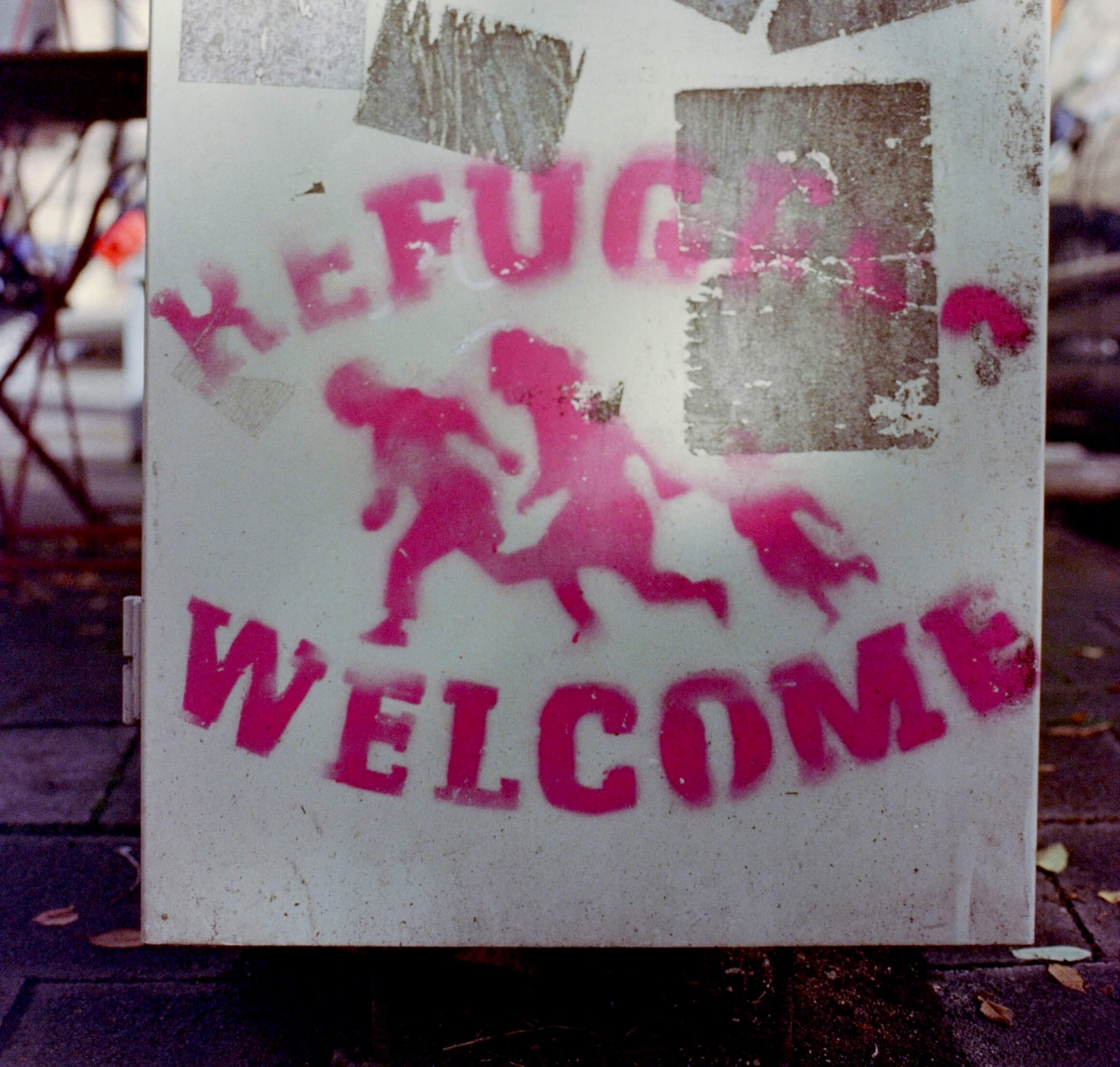
ETHICS AND PROBLEMS
ETHICS AND LAW
When we started this project, we asked many questions about the refugees’ vulnerability. But the more research we do, the clearer it becomes that refugees are not a uniform group; many are resourceful and have artistic interests and ambitions. So part of our initiating questions, such as whether we are in danger of exploiting the situation and the refugees by dragging them into our project, has already been answered: The question rests on an idea about the refugees’ particular vulnerability that is not necessarily true, and at least not on the way we think.
On the other hand, the audience will ask these questions during the performance, which we fully intend to use. Making the theater itself a stage for negotiations between right and wrong, between different moral positions, will be an integral part of the project. And here, we don’t want to come to any final conclusion but let the audience struggle with the questions themselves. That is to say, we will problematize the audience’s attitude and point of view: A theatre-interested, young, urban, and often slightly left-wing audience.
Regarding the legal aspect of the performance, we are in dialogue with both organizations that work with refugees’ rights and lawyers who specialize in this field. Bringing refugees across European borders to attend the shows will hopefully present less trouble than it sounds. Nevertheless, this is the premise for the narrative we want to use. It will become part of the feedback loop with the audience: How should they understand the people on stage, as refugees, now, at this moment? And what shall I think of them, who at this very moment are on the run?
PROBLEMs
The performances will ask several obvious but precarious questions about refugees: Who are they, how do they get here, what is the structure for receiving them, and how does Europe try to make itself just the right amount of unreachable? Or to ask the question in the spirit of Pirandello: What role do refugees play in Europe today, what kind of view do we have of them, and how do we think about their lives, dreams, and goals? And how do they feel that society has forced them into a social role they did not necessarily ask for? And what do they choose to talk about if/when they get to have their voice heard on the stage?
Large parts of Europe’s refugee aid are run by politicians and voluntary organizations that appeal to the distanced empathy of voters and donors. We want the refugees to become part of the narrative themselves and have their own role in producing it. We are interested in investigating what happens when the actor is not only supposed to represent the oppressed but enter into an actual and authentic dialogue with that person.
We want to ask fundamental questions about our own ideas about how and why we are privileged and about our scope for contributing. About our own motives for creating this performance. About what happens to ourselves, the refugees, and the public when we start to stage ourselves as activists who want to save refugees to safety in Europe.
What exactly are we trying to save? The refugees’ lives, the theatre’s position, or our own self-image?


